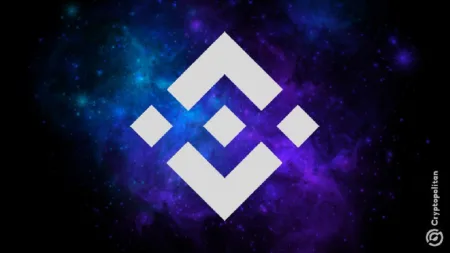The gaming industry is undergoing a significant transformation with the integration of blockchain technology and cryptocurrencies, leading to the emergence of gaming tokenomics. This new concept merges the principles of cryptocurrency economics with game development, creating decentralized ecosystems that are revolutionizing the way games are created and played. By incorporating tokenomics into game development, players are now able to engage with games in a whole new way, allowing them to earn money through play-to-earn models and have true ownership of in-game assets through non-fungible tokens (NFTs).
Play-to-earn (P2E) models in gaming are changing the way players are rewarded, enabling them to receive monetary payouts for completing quests, winning battles, or staking tokens. Games like ‘Axie Infinity’ and ‘The Sandbox’ have successfully adopted the P2E model, creating flourishing local online marketplaces where users can earn money from their gaming activities. Additionally, online casinos offer players the opportunity to compete for real money through free spins, providing new avenues for earning in the digital world.
Blockchain technology plays a crucial role in game development by providing transparency, security, and decentralization. In-game currencies and assets are now stored on a blockchain, ensuring that they are permanent features of the game and cannot be manipulated by centralized gaming servers. This not only increases trust levels among players and developers but also opens up new growth opportunities across economic models. Non-fungible tokens (NFTs) further enhance the player-centric approach to gaming tokenomics by allowing players to possess true ownership of in-game elements and trade them on various platforms.
Game developers have access to new revenue generation models through gaming tokenomics, such as initial token offerings (ITOs) and NFT sales. These opportunities not only promote financial welfare but also make independent game development more feasible than ever before. However, gaming tokenomics also face challenges, including high entry fees for some blockchain games, energy consumption issues, regulatory uncertainties, and the risk of games becoming overly focused on economic aspects rather than entertainment value.
Looking ahead, the future of gaming tokenomics holds immense potential, with cross-platform metaverses, AI integration, and the rise of mobile blockchain games expected to drive growth in the industry. Despite the challenges that need to be addressed, the developments brought about by gaming tokenomics are set to revolutionize the gaming experience for both players and developers. As we approach 2025, the gaming industry is poised to lead a paradigm shift that will redefine the entertainment space and beyond, showcasing the power of blockchain technology and GameDev in shaping the future of gaming.



















